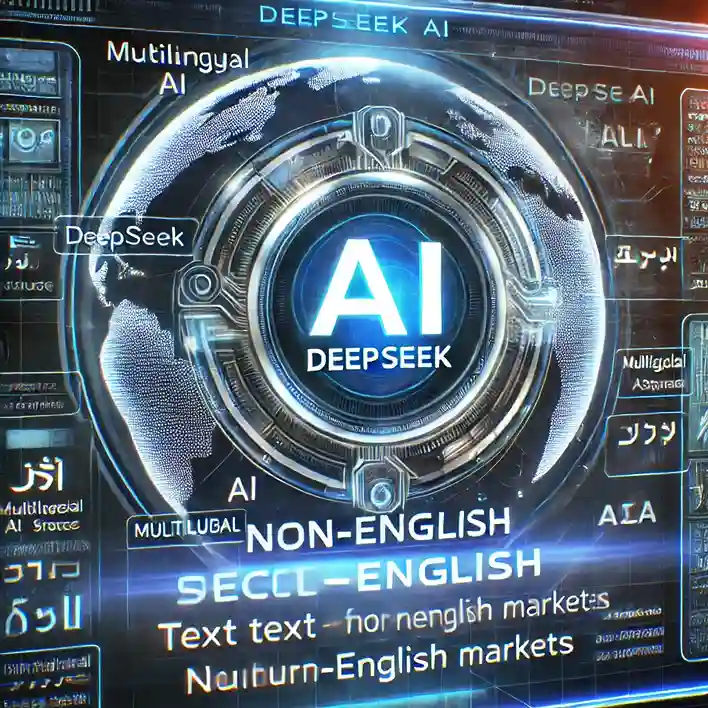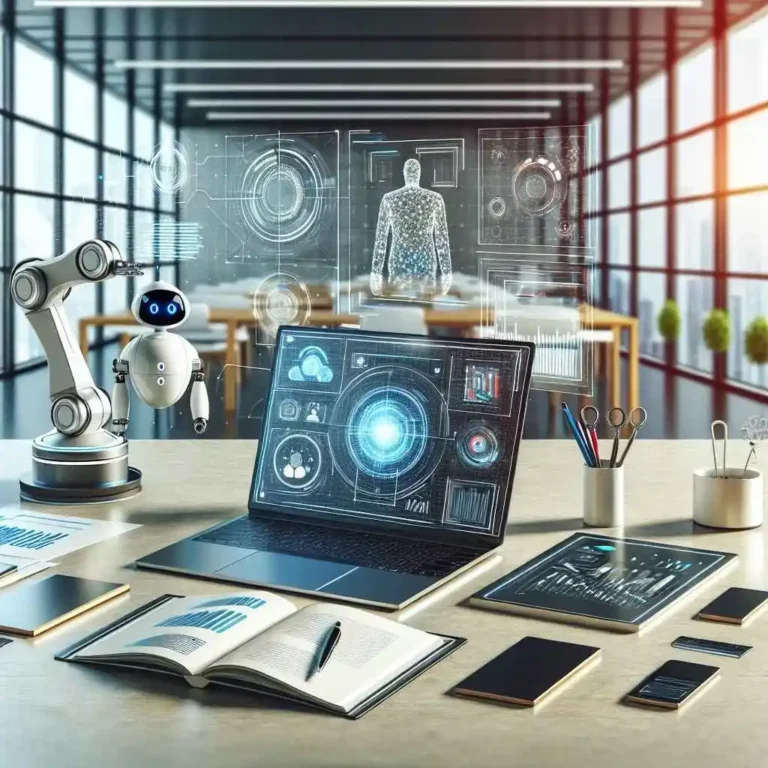Why business need Personalized AI: Find Now
Businesses are now becoming more customer-centered. From purchasing raw materials to finished products, they always keep customers in mind. So the use of generic AI solutions is coming to an end. Now businesses need more personalized AI solutions that can meet their specific requirements. Here personalized AI comes into play.
What is Personalized AI?
These are specified AI tools to meet the customized and specific needs of the businesses. Generic AI works on large data sets whereas personalized AI uses proprietary data to align business goals.
E-commerce companies can use it to recommend their products or services based on proprietary data. Proprietary data is based on preferences, browsing history, and geographic location.
Financial services firms can use AI to analyze the spending habits of clients and suggest financial plans according to it.
Why Personalized AI?
Generic AI is good for general and everyday use. However, personalized AI is to meet unique challenges and requirements. Customers demand customized and unique experiences to meet their requirements. Personalized AI helps to meet these expectations. It can offer relevant recommendations, better interactions, and faster service. Two businesses are not the same. Customized AI models can manage specific workflows and goals more effectively. Personalized AI can provide businesses with a competitive edge over their competitors. They can position and differentiate themselves and capture more market share.
Personalized AI: Applications in Business
- Customer Experience
These personalized AI can enhance customer experiences. Netflix and Spotify are providing their users with highly personalized experiences. They analyze user behavior and deliver the most suitable recommendations to keep the users engaged. Sephora’s virtual artist uses AI to let customers try makeup virtually which provides personalized shopping experiences.
- Better Marketing Strategies
Targeted marketing strategies can be created with personalized AI. It can help us to foresee trends and preferences of the customers to make a campaign successful. Coca-Cola uses AI to analyze social media data and feedback from customers. This data helps them to make marketing strategies that are aligned with their goals.
- Productivity and Employee Support
AI is not limited to customers, it is transforming business operations too. Businesses are using personalized AI-powered tools to increase productivity and employee support. AI-powered virtual assistants like Slackbot can answer queries, smooth line workflow, and automate tasks.
Enabling Personalized AI: Tools and Technologies
Many technology platforms are equipping businesses with customized AI solutions.
- AWS AI: It offers solutions to train and build custom AI models.
- Microsoft Azure AI: It provides machine learning tools according to the requirements of business.
- Google Cloud AI: It enables customization with a machine learning framework and robust APIs.
- No-Code Platforms: Lobe and MonkeyLearn provide businesses without technical knowledge and expertise to create AI models.
Examples
Following are the practical examples of Personalized AI in action.
- In the retail business, Amazon’s recommendation is a good example. It analyzes the history and behavior of users to suggest products to the customers that they are more likely to buy.
- In the health sector, IBM Watson Health used personalized AI to diagnose diseases and create treatment plans, which is a big help for doctors.
Learn how AI tools for fitness, mental health, and career development can help you achieve your goals. - In order to save users and the integrity of the business, PayPal applied custom AI models to detect fraudulent transactions in real time.
Consideration while Incorporating Personalized AI
- Ethics and privacy should always be prioritized while incorporating personalized AI.
- Transparency should be ensured about how AI systems use data.
- Avoid discriminatory and biased outcomes while training AI models.
- Comply with privacy laws and ensure the safety of the data to build trust with customers.







One Comment